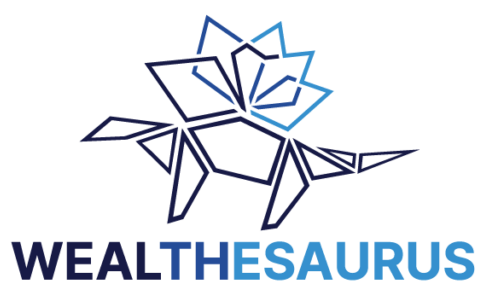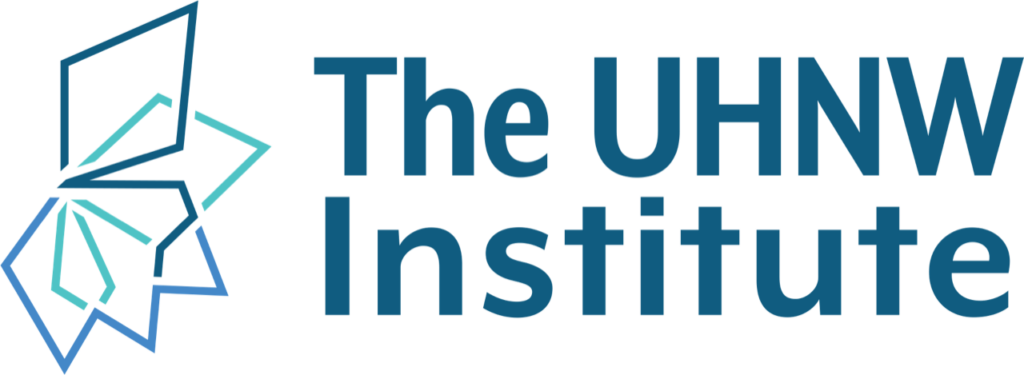The capacities and strengths that families can utilize to help foster, deepen, and remain resilient with their wealth and well-being, separate from their financial resources
Using a framework developed in the wealth management era between approximately 1990 and 2010, a family’s resources were differentiated between its financial wealth and its comparable resources or types of “capital” in nonfinancial areas. These areas of nonfinancial capital were seen as reserves and capacities the family could draw upon just as importantly as its financial balance sheet, which was normally viewed as the primary source of wealth in the eyes of the wealth management industry.
The number and types of nonfinancial capital have varied over the years, depending on the individual, firm, or publication. Most commonly, the four core types of family capital have been financial capital plus intellectual, social, and human capital, easily remembered by the acronym FISH. In addition, commentators have referred to spiritual, emotional, and/or cultural capital, depending on how they parse the family’s strengths.
The intention is to remind families that their financial wealth is only one part of their total sources of strength and capacity. Education, preparation, communication, good governance, values, and building of family and social cohesion allow a family enterprise to flourish over greater periods of time than simply focusing on growing and preserving financial wealth.
See Also: Cultivation of Family Capital cluster
Andrews, Paul. “Exploring the Various Capitals in a Family Business.” The Global Family Business Champions. 2023. www.familybusinessunited.com/post/exploring-the-various-capitals-in-a-family-business.
Hausner, Lee, and Douglas K. Freeman. The Legacy Family: The Definitive Guide to Creating a Successful Multigenerational Family. Macmillan, 2010.
Hausner, Lee. Children of Paradise: Successful Parenting for Prosperous Families. Plaza Press, 2005.
Hughes, James E. Family Wealth: Keeping it in the Family. Bloomberg Press, 2004.
Hughes, James E. “The Five Capitals: Wealth as Well-Being.” Accessed August 12, 2024. jehjf.org/tag/five-capitals/

